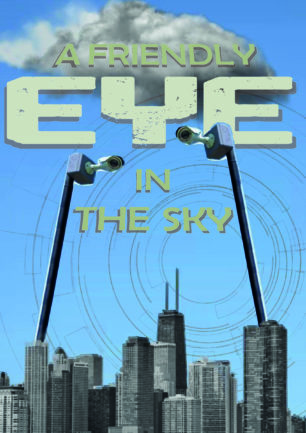AI og spilleadfærd
This project is about how Danske Spil exploits artificial technology to identify and prevent problematic betting behaviour. We have been in direct contact with two employees from Danske Spil to collect the necessary data to answer the problem definition. One of them is the actual developer of the model, the other one is the person who is responsible for “Responsible Gaming”
In the theoretical part of this project, we examined in-depth how AI works, and found out that Danske Spil uses Supervised learning to optimise their model.






